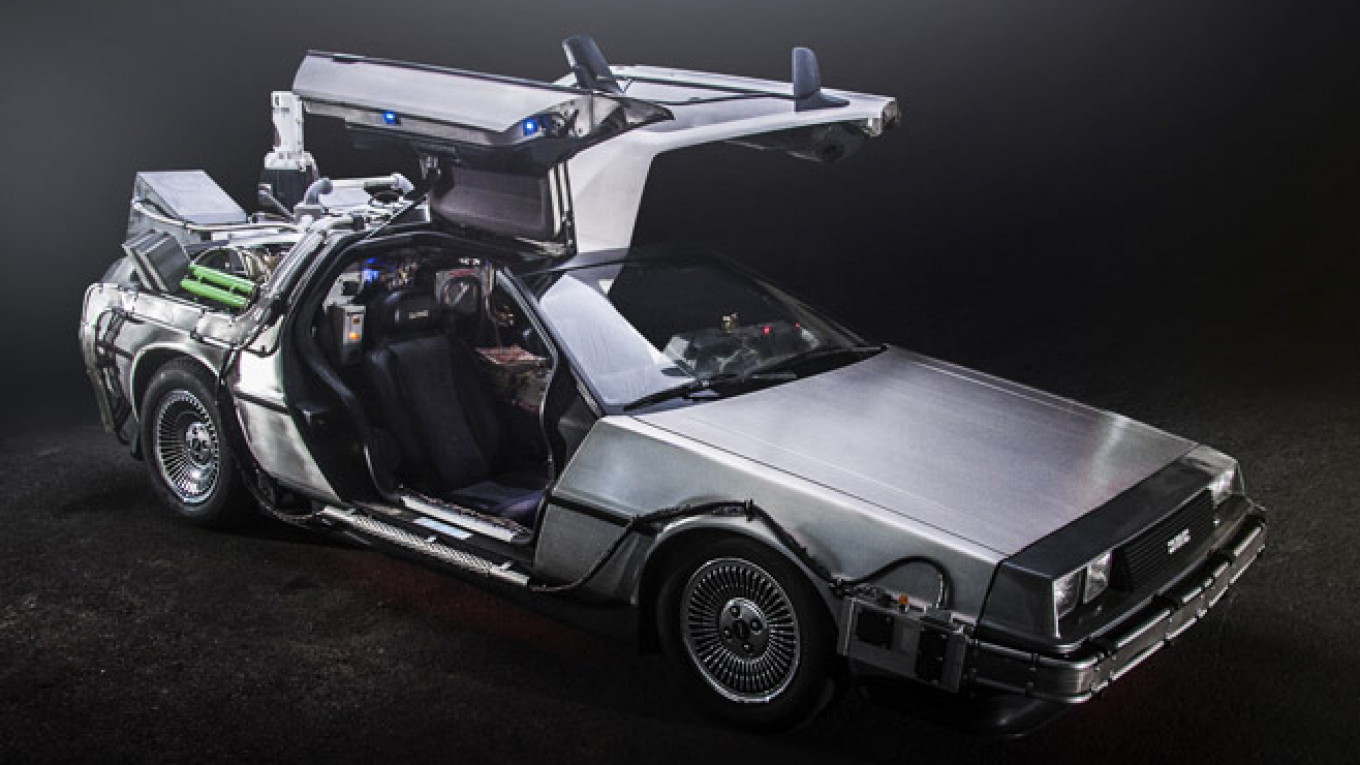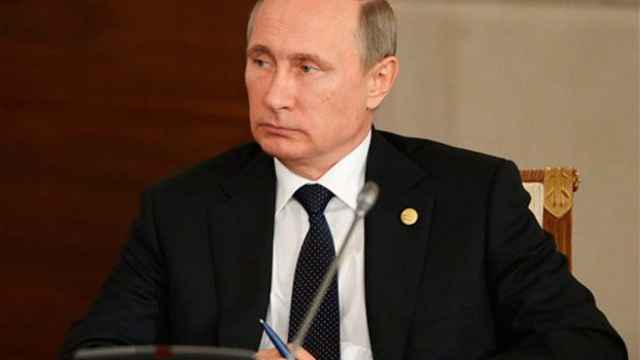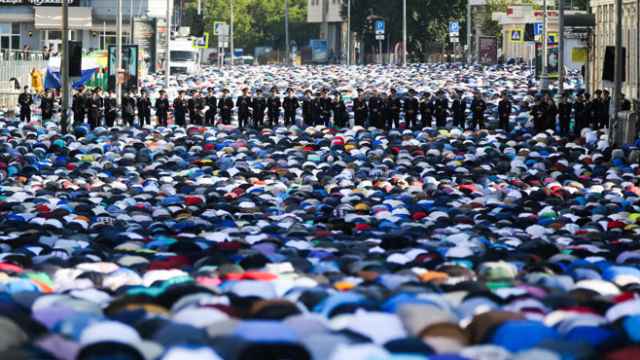It seems as if all of progressive humanity celebrated Oct. 21, 2015 as the date in the distant future that Marty McFly visited in the 1989 hit film "Back to the Future II." Pop culture aficionados love such things, especially because the filmmakers cooked up a bevy of ingenious devices and services for their future world, making it inevitable that people would check to see which had actually become reality. Even scholarly organizations and a few police departments joined countless others in filling broadcast and online media with serious and silly video clips, photos and commentary to mark the occasion.
Interestingly, Russian social networks, national and even regional media also joined in the fun. However, much of the commentary here tended toward social criticism, pointing out that Russia's "brave new world" still has many impassable roads, defective sewage systems and concrete panel apartment buildings dating back to the 1970s.
The global character of the festivities indicates the popularity of the movie, but more broadly, the influence of Hollywood and Western mass culture. And it turns out that Russia joins the rest of the world in calmly acknowledging that it, too, is influenced by Hollywood, and has no political problem with that.
However, Russia had something of a delayed reaction to those films. When the first came out in 1985, perestroika was just beginning in Russia, video players were extremely rare and Soviet censors only allowed in foreign films that denounced imperialism. When the second film came out in 1989, only a very small percentage of Soviet citizens could watch it on video.
Now, when joining the world in its collective nostalgia over those movies, Russians are unwittingly editing their own memories by imagining that they also watched those movies at the time and shared in the general fascination. However, the overwhelming majority of Russians only first watched the films in the 1990s — some years after the third one was released in 1990.
Just as major political changes were under way in the late 1980s and early 1990s, Hollywood gave viewers an image of the near future that everyone would like: upbeat, consumer-oriented and free in every sense.
The consumption of that film itself — a highly marketable product — also portended the near future that young Russians faced. In the winter of 1988, young people in Moscow and Leningrad lined up for tickets to American Film Week in record-long lines even longer than those for vodka.
The Soviet people also saw an image of the near future in Western Europe, and that dream — or utopian vision — is still reflected in opinion polls today. And while Russians do not identify themselves as Europeans, they generally believe that Europe enjoys higher living standards, culture and civilization, but that Russians are more spiritual.
Some might say that the vision of the future that prevailed in the 1990s was deceptively rosy and unreachable. However, Russia now has no vision of the future at all, other than a pseudo-Soviet, pseudo-imperialistic image of the past-as-future that only Kremlin adepts can alter in any way.
Against that backdrop, it is nice that many 40-something Russians still have a Marty McFly inside, that they hold out hope, as they did in the 1990s, that even if things go wrong, there is a way to correct them. A DeLorean time machine would come in handy now: We could travel back to 1989 and make a few changes that would put Russia — and the world — on a better path to the future.
Andrei Sinitsyn is a correspondent and op-ed contributor for Vedomosti. This comment originally appeared in Vedomosti.
A Message from The Moscow Times:
Dear readers,
We are facing unprecedented challenges. Russia's Prosecutor General's Office has designated The Moscow Times as an "undesirable" organization, criminalizing our work and putting our staff at risk of prosecution. This follows our earlier unjust labeling as a "foreign agent."
These actions are direct attempts to silence independent journalism in Russia. The authorities claim our work "discredits the decisions of the Russian leadership." We see things differently: we strive to provide accurate, unbiased reporting on Russia.
We, the journalists of The Moscow Times, refuse to be silenced. But to continue our work, we need your help.
Your support, no matter how small, makes a world of difference. If you can, please support us monthly starting from just $2. It's quick to set up, and every contribution makes a significant impact.
By supporting The Moscow Times, you're defending open, independent journalism in the face of repression. Thank you for standing with us.
Remind me later.






